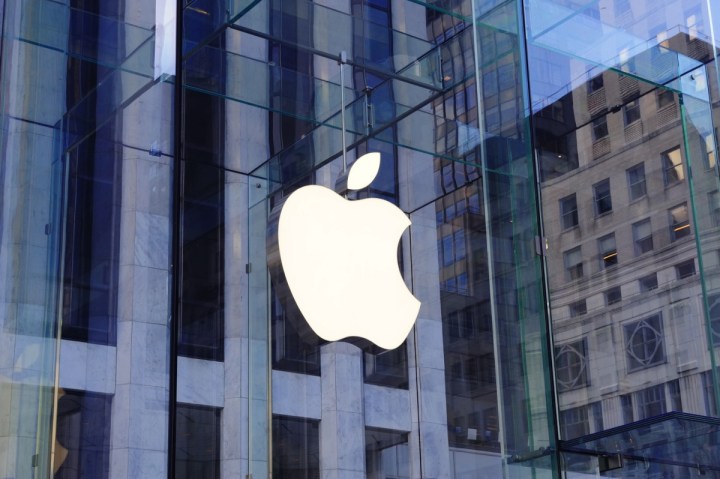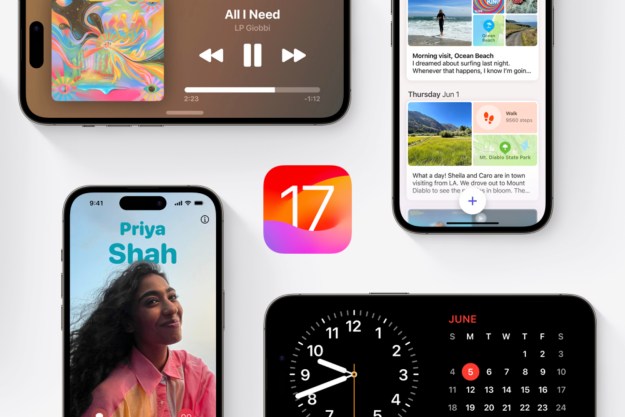
Since December of 2014, the Canadian Competition Bureau has been trying to determine whether the Silicon Valley company used anti-competitive clauses in its contracts to strong arm industry participants into selling fewer of its rival companies’ devices than they might have otherwise. Furthermore, there were suspicions that Apple had placed certain restrictions on how these parties could market and sell iPhones.
But ultimately, “The Bureau did not find evidence to suggest that the Apple terms resulted in a significant effect on competition,” the antitrust watchdog said in a statement.
While the battle may be over in Canada, Apple will still have to convince other countries of its innocence in this regard. In France, for example, Apple is being asked to pay a total sum of $55.3 million as a result of allegedly illegal carrier-deal clauses. According to French regulators, the iPhone maker is forcing carriers to order a minimum number of iPhones, pay for ads, and cover a portion of the cost of repairs.
Be that as it may, Canada seems unperturbed, and has noted that even with these restrictions and requirements, effects on the market are relatively minimal. After all, worldwide, Android phones are considerably more popular than iPhones.
We’ll have to wait and see if Canada’s final decision is followed in other markets where Apple’s competitive practices are being investigated.
Editors' Recommendations
- Apple Music just got a cool feature you won’t find on Spotify
- Apple did something with the iPhone 15 Plus that I didn’t expect
- This one thing Apple didn’t fix with the iPhone 15 Pro has me struggling to upgrade
- Dear Apple, please don’t release an Apple Watch Ultra 2 this year
- I made myself try a 14.5-inch tablet — and it didn’t go very well


